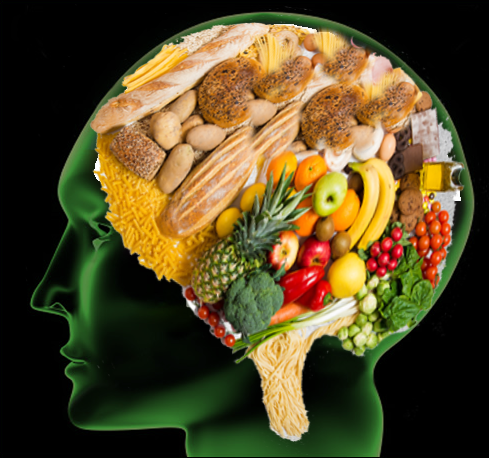A new international collaboration led by the University of Melbourne and Deakin University has emerging evidence that shows extremely important relationships between diet quality/potential nutritional deficiencies and mental health. Dr. Jerome Sarris is from the University of Melbourne and a member of the International Society for Nutritional Psychiatry Research (ISNPR). He said psychiatry is at a critical stage with the current medically-focused model achieving only small benefits in addressing the global burden of poor mental health.
“While the determinants of mental health are complex, the emerging and compelling evidence for nutrition as a key factor in the high prevalence and incidence of mental disorders suggests that nutrition is as important to psychiatry as it is to cardiology, endocrinology and gastroenterology.”Dr. Sarris
Published in The Lancet Psychiatry, “psychiatry and public health should now recognize and embrace diet and nutrition as key determinants of mental health”.
“While we advocate for these to be consumed in the diet where possible, additional select prescription of these as nutraceuticals (nutrient supplements) may also be justified.”Dr. Sarris
Many studies have shown associations between healthy dietary patterns and a risk for depression and suicide across cultures and age groups. Nutrition in the womb and in early-life is also emerging as a factor in mental health outcomes in children. Severe deficiencies in some essential nutrients during the development periods have been attributed to both depressive and psychotic disorders.
EACH ONE TEACH ONE. Let’s have a healthier approach to living. Our food choices are either helping us or hindering us in achieving our life goals and accomplishments. What was your choice today?!
Share the Love

